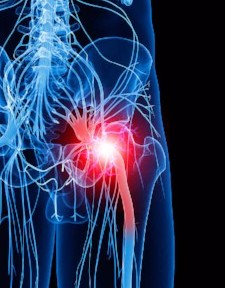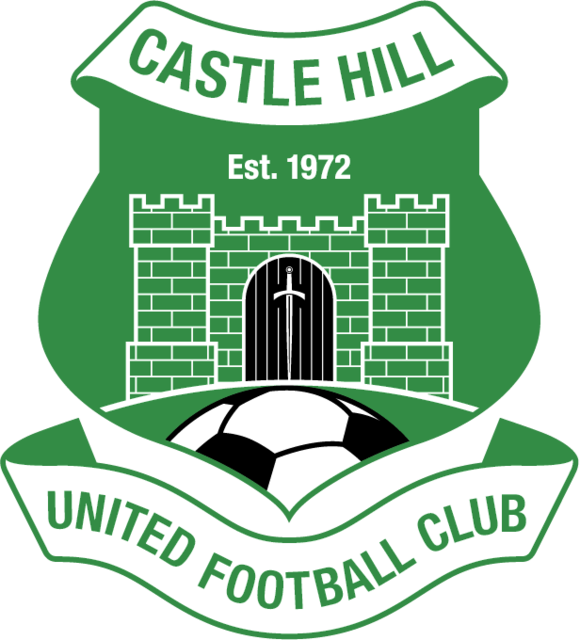Sharp, shooting pain, electric shocks, burning, tingling, pins & needles.These are common descriptions that our patients tell us when they experience nerve injury. You may be able to associate with some of these.
Nerve pain (or neuropathic pain) can be quite different to other forms of pain. It can be quite unrelenting in some circumstances & incredibly debilitating until the underlying cause is addressed.
Nerves send electric impulses around the body conveying messages about all of our senses (touch, taste, sound & smell) as well as messages telling our muscles to work & when to relax, among many other things.
When nerves are damaged through injury or disease, they can cause pain, pins & needles & even numbness. In more serious circumstances, they can even result in loss of strength in the muscles that the nerves supply & even loss of reflexes (this is something that you likely wouldn’t notice yourself!).
You have probably experienced nerve pain at some stage in your life. Knocking your “funny bone” in your elbow is actually nerve pain! It’s not actually a bone at all – it’s what is called your ulnar nerve, & when you compress it against the underlying bone, you get that uncomfortable pain & sensation that you are probably familiar with.
We see many forms of nerve pain in our clinic from all sorts of conditions. Some of the common ones are:
- Carpal tunnel syndrome – this is where the median nerve gets compressed by the carpal bones (a ring of bones forming a tunnel – hence carpal tunnel syndrome), resulting in pain & potentially pins and needles, numbness & weakness in the hand.
- Nerve root compression – the part of the nerves that exit our spines are known as nerve root. Nerve roots can be compressed or irritated by a number of spinal conditions including disc bulges. In these circumstances, the disc presses against the nerve root & can result in pain along the length of the nerve which is impacted. This is why you can have a back injury & not necessarily have any pain or symptoms in you back – only pain & symptoms in your leg!
There are also many other forms of nerve pain from trauma, diabetes, inflammatory conditions, side effects from certain drugs & neurological conditions (e.g. multiple sclerosis).
As you can see there are numerous things that can cause nerve pain. If you experience nerve pain, the most important thing is that you find out what is causing your nerve pain – that is, you need a diagnosis! Only once you have this, can you seek the appropriate treatment required for your condition.
As physiotherapists, we routinely see people with nerve pain. Physiotherapy is often a key treatment for many nerve related conditions. Other treatments depending on the condition require certain medications or medical management that target nerve pain or the underlying cause.
If you are experiencing nerve pain, our physiotherapists are able to assist with diagnosing the cause of your pain & in many circumstances providing the appropriate treatment for the condition.
If you would like to make an appointment to see one of our physios, call 8850 7770 or click here to book online.







